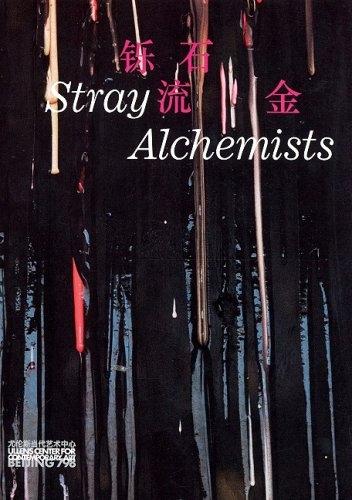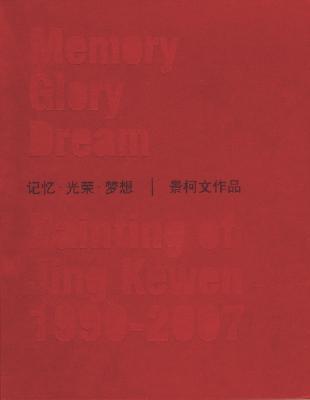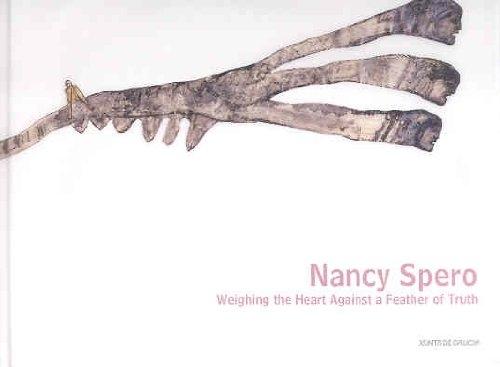MJ Manifesta in scena Nª 10.The curator as producer.

This issue of Manifesta Journal takes its title from «The Author as Producer,» a lecture delivered by Walter Benjamin in 1934 in which he argues that the presumed autonomy of the creator is in fact always oriented toward a deliberate choice or, as he calls it, a «tendency»: a political, social, and ethical position.\n\nAssuming that the activity of the curator is located within a social context, and that social interactions are determined by relationships of production, MJ #10 emphasizes the authorial role of curators in order to analyze their potential to engage with functional transformations, using their creations to change the models that define social relations.\n\nMJ #10 inquires into the different ways in which curators can be producers, expressing their ideas through their practices. Moreover, it seeks to question how such a role affects the definition of the profession and discipline, and how the curator, forced to operate within the framework of the culture industry and negotiate elements such as entertainment, distraction, and mass consumption, can withstand these external conditions and invent strategies of resistance and critique within the format of the exhibition.\n\nIn the Discourse section, Boris Buden explores the various points of view amongst art professionals on how to define the new role of the curator in contemporary art production. He concludes with the assumption that the curator is in charge of the socialization of art. Pascal Gielen, on the other hand, discusses the problems of the curator in the today’s neoliberal network economy.\n\nGijs Frieling describes in the Practice section his curatorial approach at Amsterdam’s W139: refraining from pressuring artists to produce art and explain themselves in the theoretical discourse.\n\nThe Dialogues section presents an interview between Claire Bishop and Nato Thompson concerning the practice of critical and political curatorship, in which Thompson explains why work that resists the dominant conditions of spectacle and power is the most striking.\n\nIn the Positions section, Luke Skrebowski discusses the evolution of Benjamin’s «The Author as Producer» into «The Curator as Producer» and in Studies, Martha Buskirk gives a detailed description of how the Italian collector Guiseppe Panza dealt with the conceptual works of Carl Andre, Donald Judd, and others in his collection.\n\nThe section Documents features reprints of essays by Lucy R. Lippard and Carl Andre, which were originally delivered at the Art Workers’ Coalition Open Hearing in 1969 at the School of Visual Arts in New York.\n\nMJ #10 includes contributions by: Carl Andre, Claire Bishop, Boris Buden, Martha Buskirk, Céline Condorelli, Emanuela De Cecco, Christine Eyene, Gijs Frieling, Pascal Gielen, Claudio Iglesias, Lucy R. Lippard, John Roberts, Luc Skrebowski, Nato Thompson, Christopher Townsend, and Nathalie Zonnenberg.
Sin existencias
Sin existencias en este momento. Si desea información sobre el libro, por favor contacte con bookshop@ivorypress.com



